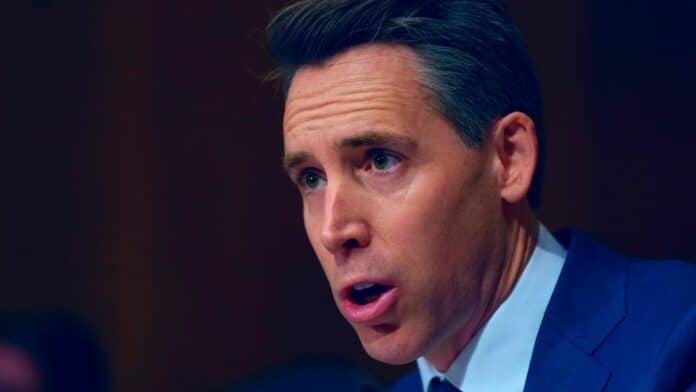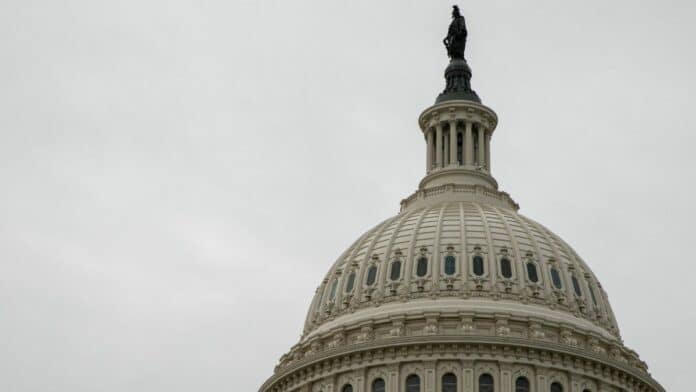The attack at a Mormon church in Grand Blanc, Michigan has left families grieving and a community stunned, as disturbing new details surface about the shooter’s past. The Michigan church shooter—identified as Thomas Sanford—rammed a truck into the building before opening fire on congregants.
His father, also named Thomas Sanford, expressed deep remorse in an interview with the Detroit Free Press. “I feel terrible about all the families that have been hurt and they’re under the same crap that I’m going under, that my wife and I are going under,” he said. “I apologize for that.”
Neighbors described the situation as a “nightmare,” while investigators continue searching for a motive. Some believe Sanford’s alleged anti-Mormon prejudice may have played a role. Local city council candidate Kris Johns told Fox News that just days before the attack, Sanford called Mormonism “the anti-Christ.”
That prejudice seemed to stand in stark contrast to his past. Sandra Winter, who knew Sanford when he lived in Utah, said he once dated—and nearly married—a Mormon woman. “He was considering joining the Mormon church in order to further his relationship,” she recalled, adding the woman’s family was “pretty gung ho about the idea.”
This tragic act of hate highlights the ongoing threat posed by extremists who target Americans of faith. As his father’s apology makes clear, families and victims alike are left to shoulder the devastating consequences of his actions.












